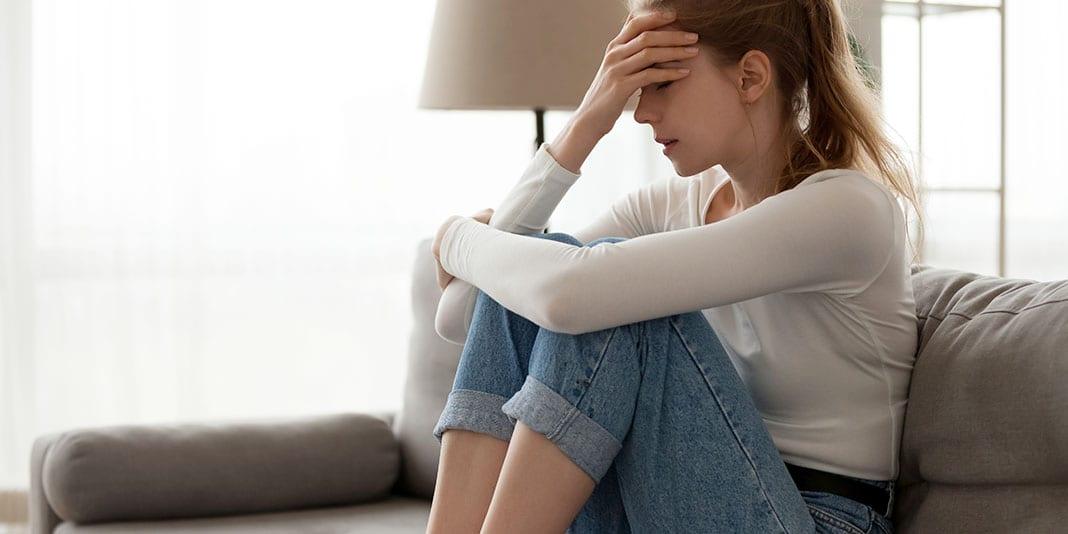Anxiety can affect anyone. Many people are experiencing it for the first time, or having their mental health conditions worsen due to the Coronavirus shut-downs. The CDC has created a page dedicated to mental health during this specific pandemic with an abundance of links to check out.
If you feel your symptoms are extreme, please speak with a doctor. Even if they haven’t escalated, speaking with a therapist is always a good thing. Here are some natural ways to take the edge off the anxiety that you can give a try.
-
- Aromatherapy: Scent is more powerful than you think. Using certain essential oils can help you relax or even boost your mood. To help with anxiety, try oils like lavender, bergamot, and ylang-ylang. Use them in a diffuser or in a bath.
- Exercise: Even a short amount of activity can do wonders for your mind. Working out can decrease tension while elevating your mood. Your increased heart rate has an effect on neurochemicals. Start off with a daily ten-minute walk and see how you feel.
- Herbal Supplements: There’s a variety of herbs you can take that may ease your anxiety. Chamomile tea can reduce digestion issues and encourage sleep. One study done in 2016 found the long term usage of Chamomile to be effective in lowering anxiety. If your anxiety is keeping you up at night, valerian is a great option. Try it in tea, a capsule, or a tincture before bed, and you’ll fall right to sleep. Lemon balm is another option that also treats headaches and indigestion. Give these a try before bed to see how they affect you before taking them before a day of work. If you’re taking a prescription sleep aid, then talk with your doctor before consuming these.
- Stop Smoking and Drinking Alcohol: Drinking alcohol and smoking a cigarette can temporarily relieve stress, which allows it to come back stronger afterward. Using these two as a solution can grow into dependent usage and create other issues.
- Get More Sleep: Anxiety often keeps us up at night. Getting an inadequate amount of sleep can have adverse effects mentally and physically. Try to avoid caffeine before bed and set a sleeping routine. Going to bed around the same time will establish a habit making it easier for when you want to rest. Avoid using your computer and phone before bed can also help.
- Meditation: Taking some time to clear your thoughts and be present can alleviate anxiety. Meditation does not always involve sitting still. You can even meditate while walking. It’s essential to focus on your breath during it. If you find meditating difficult, you can try applications like Calm or Ten Percent Happier to help you get started.
- Eat Well: Skipping meals can lower your blood sugar and make your anxiety worse. Foods rich in magnesium and zinc can lower anxiety. Include food rich with Omega- 3s in your diet. Studies have shown that they can actually reduce anxiety. Additionally, look to incorporate foods that are high in antioxidants like berries, nuts, and beans.




































